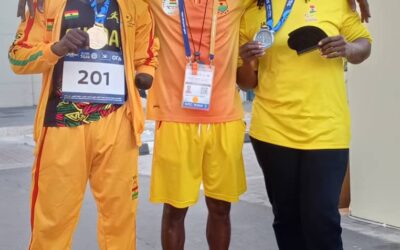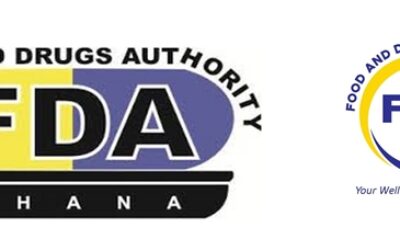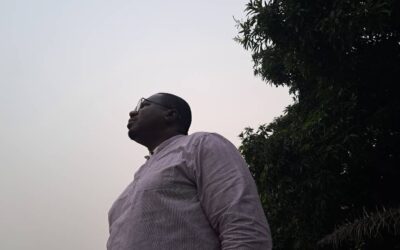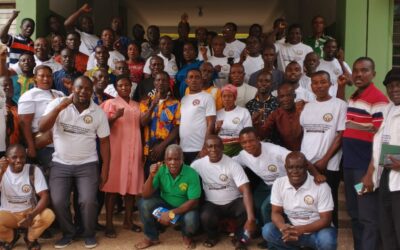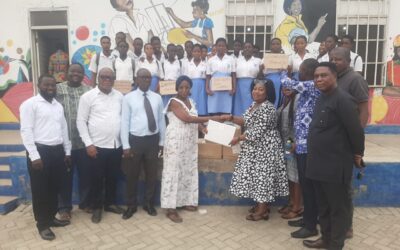By:Kofi Owusu
In the heart of Ghana’s evolving educational landscape stands Vida Torgbe, a dynamic and dedicated professional whose unwavering commitment to equity and educational improvement has left a lasting impact on students, teachers, and policymakers alike. Vida is making significant contributions to Ghana’s education and social protection systems through her academic achievements, field experience, and research innovation.



Vida Torgbe
A proud alumna of the University of Cape Coast, where she earned a Bachelor of Arts in Sociology and Economics, Vida’s academic journey provided her with a strong foundation to understand the socio-economic forces influencing education.
Her academic curiosity and passion for social equity led her to immerse herself in both research and fieldwork, particularly in underserved rural communities.
From 2021 to 2023, Vida worked in multiple capacities with the Ministry of Gender, Children, and Social Protection.
As a Contract Staff, and National Service Personnel, she played a pivotal role in organizing workshops, analyzing data, and producing critical reports that guided social protection policies. She was also a key player in the monitoring and evaluation processes for programs like LEAP (Livelihood Empowerment Against Poverty) and the Ghana National Household Registry—initiatives targeting the most vulnerable populations in Ghana.

In addition to her academic and field achievements, Vida served as a Rapporteur for high-level stakeholder engagements with UNICEF,
The World Bank, and Ghana’s Ministry of Gender, Children and Social Protection. These forums focused on gender mainstreaming and national shock response strategies—areas that intersect closely with educational resilience and equity.
Through her work, she engaged with local communities, gathered critical insights, and championed data-driven decision-making – skills that have become hallmarks of her approach to public service.
In 2023, Vida published groundbreaking research titled “Examining the Influence of Teacher Distribution, Infrastructure Development, and Government Funding on Student Educational Attainment in Rural Ghana” in the World Journal of Advanced Research and Reviews. This study, focused on the Volta Region, brought to light the systemic inequities that have long hindered academic success in rural schools.
Using structural equation modeling and data from over 300 teachers, her research showed that student success in rural areas is significantly influenced by how teachers are distributed, the state of school infrastructure, and the level of government funding. She advocated for strategic teacher placement, investment in facilities, and increased financial support for rural education.
The study not only validated the Education Production Function (EPF) Theory but also provided practical recommendations for Ghanaian policymakers and development stakeholders. Vida’s work continues to be cited in discussions about education reform in Ghana and other parts of Sub-Saharan Africa.
Vida Torgbe has demonstrated an exceptional ability to bridge research and practice. Her mission remains clear: to ensure every child, regardless of geography or socio-economic status, has access to quality education.









